The July 14,2021, Order of the Supreme Court requires the use of a new Landlord Case Information Statement (LCIS) and Tenant Case Information Statement (TCIS). The LCIS and TCIS are to be filed in all pending and newly filed cases. Attorneys are instructed to file the LCIS or TCIS in eCourts. Self-represented landlords and tenants must file the LCIS or TCIS in JEDS.
The LCIS and TCIS must be filed with the Court five (5) days prior to mandatory case management conference or any other scheduled Court proceeding, whichever comes first. To ensure your case is not delayed, please be sure to timely file the LCIS or TCIS as required. Please be guided accordingly.
/S/ John D. O’Dwyer P.J.Cv.

